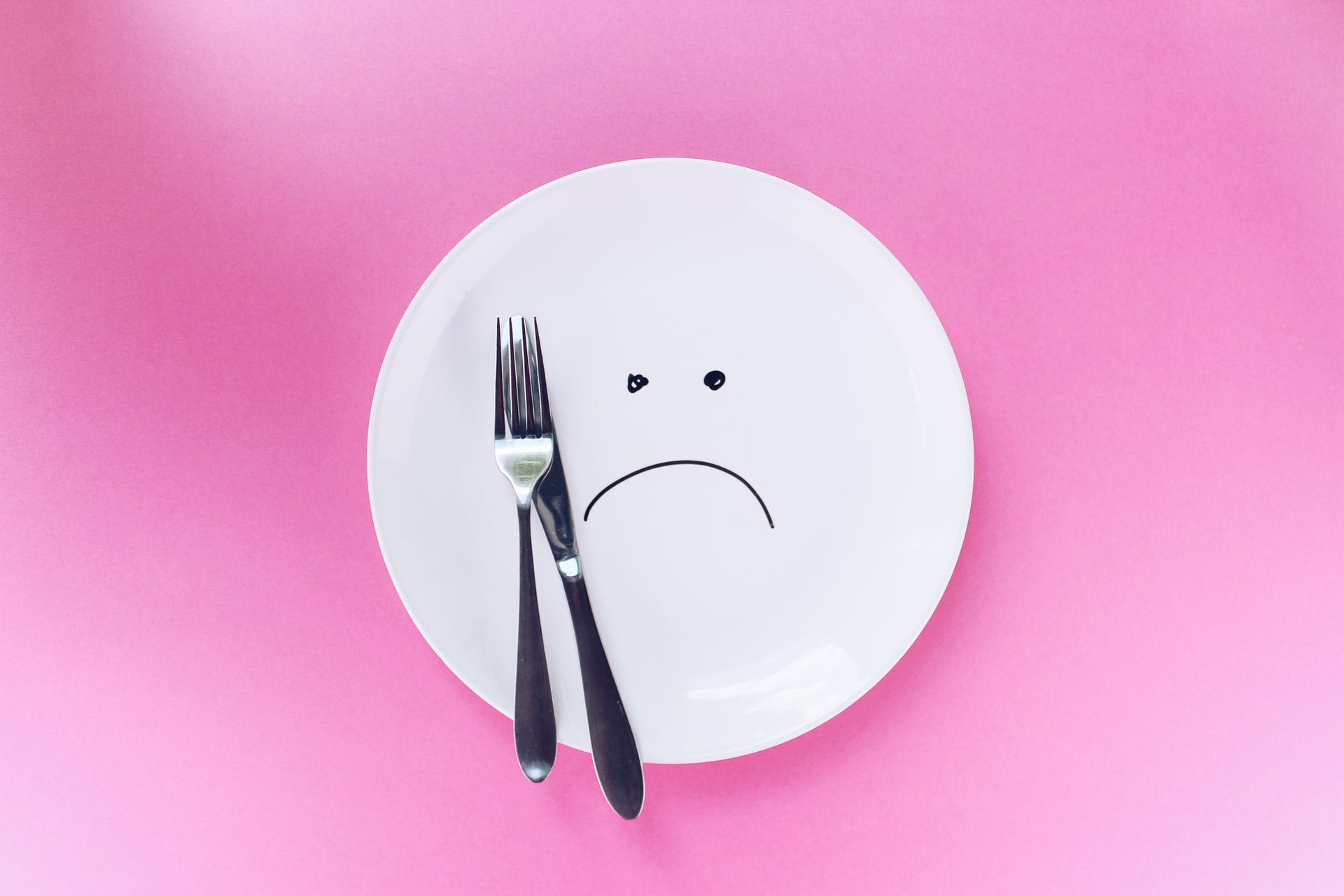A food craving is a desire for a specific food that feels intense. It can feel uncontrollable and satisfaction does not arrive until that particular food is had. Often, the cravings are for food that is processed high in fat, salt, and or sugar. When people are trying to live a healthy lifestyle, food cravings can be a major roadblock.
The regions of the brain that are responsible for food cravings are areas that control memory, reward, and pleasure. When serotonin or other hormones like leptin are imbalanced food cravings can be the result. Also, endorphins released after a meal can trigger food cravings, mimicking addiction.
When a person eats to comfort themself their emotions are driving the food craving.
Thirst, hunger pangs, and favorite foods can all contribute to food cravings.
When you feel stressed, the desire to emotionally eat may be strong. Studies show that cravings are stronger when stress is present and eating when stressed causes weight gain and expanded hip circumference.
Stress alone can also cause you to gain weight without craving any food. Cortisol is released with stress, creating belly fat.
Thirst and lack of sleep can alter food cravings. Imbalances contribute to overeating and weight gain.
Heart rate variability (HRV) biofeedback has been shown in research to decrease symptoms of mental disorders, increase heart rate variability and reduce food cravings (Meule, Freund, Skirde, Vogele, Kubler, 2012).
People with lower heart rate variability have been shown to have lowered ability to self-regulate, resulting in unsuccessful attempts at living healthy lifestyles, dieting, and craving chocolate.
Meule et al (2012) conducted a study examining food cravings and heart rate variability. They found that HRV biofeedback was successful in reducing food cravings and found preliminary evidence that HRV biofeedback could be beneficial in attenuating dysfunctional eating behavior.
For more information on how HRV biofeedback can help regulate and reduce your food cravings, check out solutions at https://drnicolemcguff.wpengine.com. Regulation is accessible and possible for all.
References
Meule, Freund, Skirde, Vogele, Kubler (2012) Heart Rate Variability Biofeedback Reduces Food Cravings in High Food Cravers.



